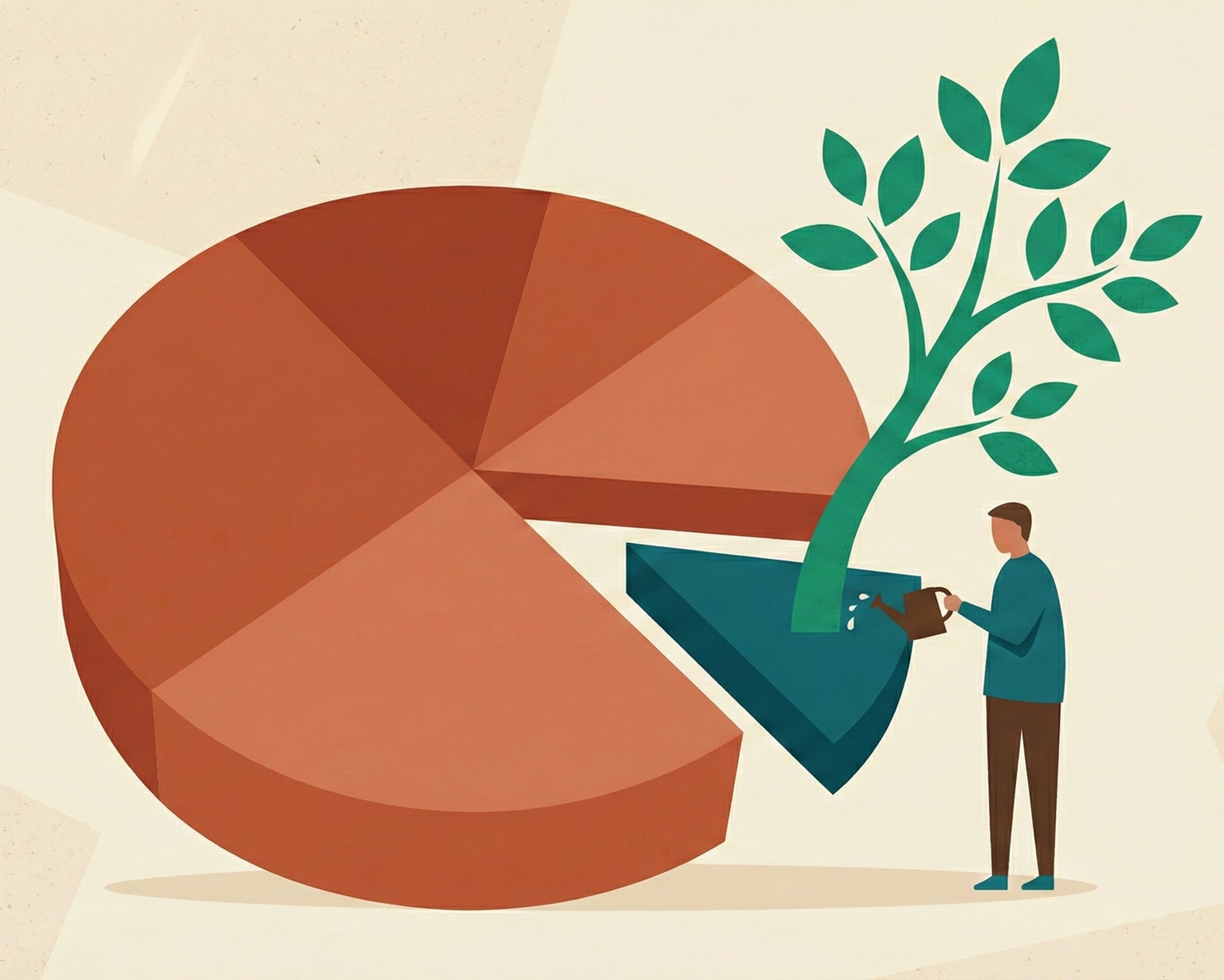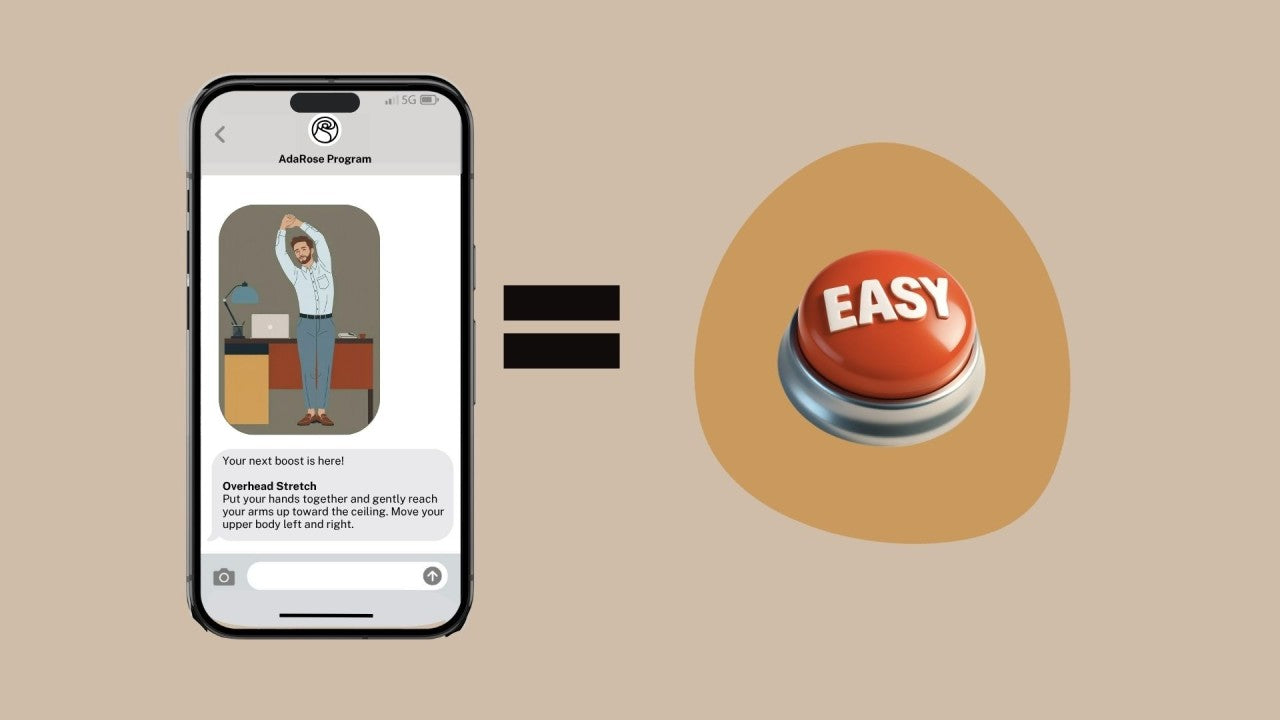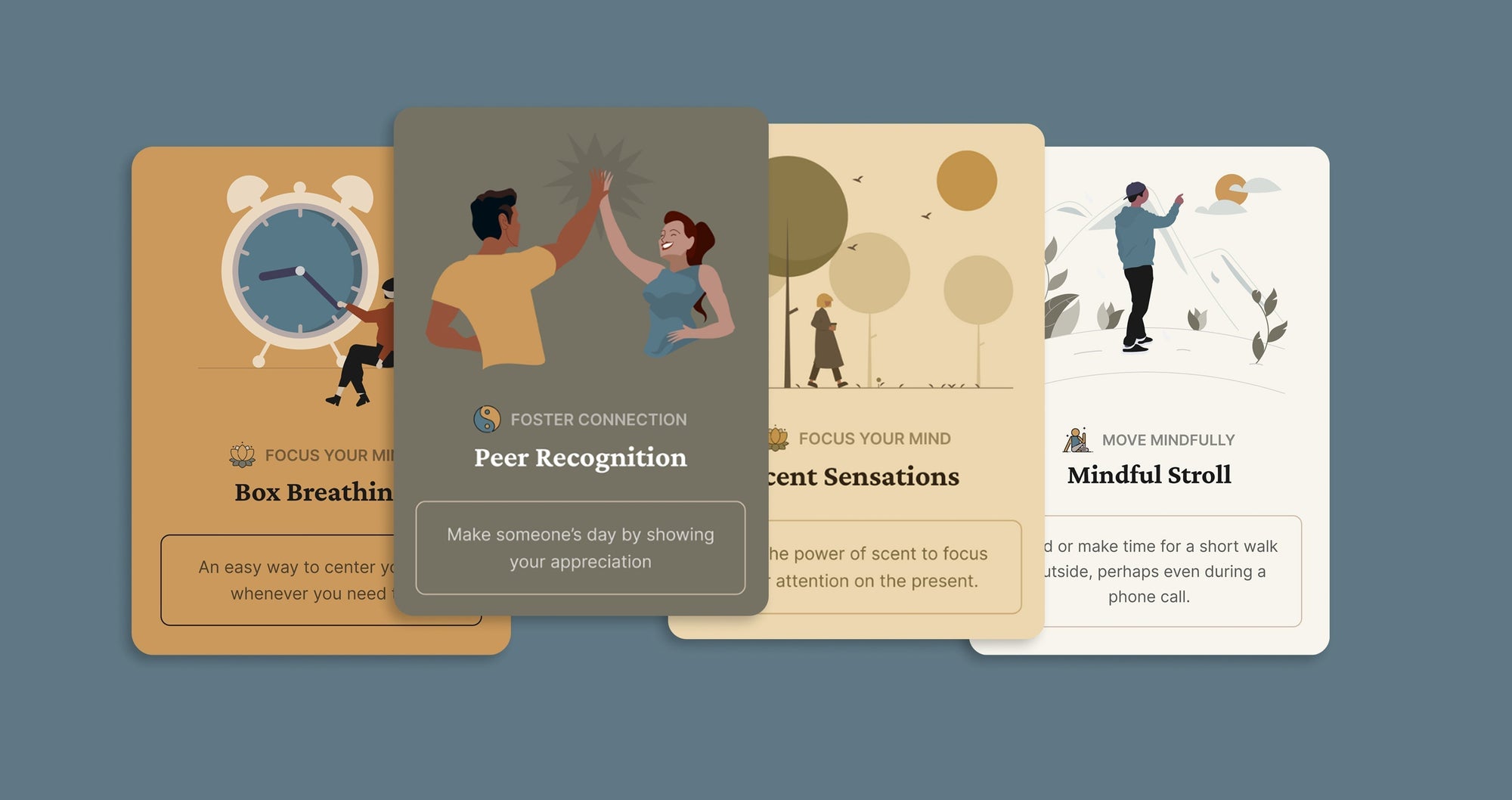Most of us long to be seen and cared for as unique individuals, especially when we’re feeling ill or injured. Until now, much of healthcare has been rooted in what works for the “average” patient, yet few of us fit a generic profile. One size fits none, as they say!
Fortunately, changes in technology are making it possible to get care tailored more specifically to you. Although data-driven personalized healthcare isn’t yet universal, it’s becoming increasingly common.
What is personalized healthcare?
Personalized healthcare uses data and analytics to make recommendations that are tailored to you and the specifics of your situation. My interview with Rahul Kak, VP of Customer Care and Experience at Aetna-CVS, covers two ways in which his company is using data to personalize healthcare.
The first approach is using information about you to help you adopt healthier behaviors through reminders and nudges. For example, a behavior change program could draw on your medical history, diagnostic tests, or an interview with you about your health goals. If it knew you were trying to stop smoking, for example, it could remind you by text to have a healthy snack instead of reaching for a cigarette.
A behavior change program could also congratulate you for meeting specific goals related to adopting new healthy habits such as improving your diet, exercising more, or getting better quality sleep. It could even use a tone or mannerism that you particularly like to give your care more of a human touch. (Similar to the way I sometimes switch the voice that gives driving directions on my GPS an Australian accent, just for kicks!)
Increasingly, medical devices and home appliances have embedded sensors that can signal when you’ve taken (or need to take) certain actions. For example, pill bottles with sensors can remind patients when they need to take a dose of medicine. They can also reassure a far away relative that a particular dose was, in fact, taken. Or, a smart refrigerator can let you know that you need milk and eggs.
Although some behavior change programs are entirely automated, others are integrated with interactions from people, such as a remote health coach, or the pharmacist you see at a drugstore.
The second type of personalized healthcare that Rahul talked about is using data to help people more easily navigate the healthcare system. Aetna-CVS uses information about members' insurance plans and their locations to guide them to convenient and cost effective resources, including virtual care.
What’s the difference between personalized healthcare and personalized medicine?
“Personalized medicine” sounds similar to “personalized healthcare,” but generally refers to care that is based on a person's biological characteristics, especially their genetic profile. It’s sometimes called “precision medicine.”
A relatively well-known example of prevention through precision medicine is related to BRCA genes, which are important in fighting cancer. If a patient has a mutation in their BRCA genes they may have a high risk of developing breast, ovarian, or prostate cancer.
In 2013 actress Angelina Jolie announced her decision to have a bi-lateral mastectomy in order to minimize her chance of breast cancer, which led to a wave of requests for similar preventive surgeries.
Another aspect of personalized medicine is treating patients with drugs that are likely to be effective for them based on their genes or other biomarkers. So, for example, if you know that other people with a similar genetic makeup have responded well to a particular drug, chances are that that drug will be a good match for the patient in question.
Numerous projects are underway worldwide to accelerate the use and impact of personalized medicine. The All of Us research program run by the US National Institutes of Health is gathering genetic data from a million people. It's working to better understand how biology, lifestyle and environment impact each other. (And it’s looking for volunteers!)
The Future of Healthcare Personalization
As technology continues to advance I predict that personalized healthcare and personalized medicine will increasingly merge. In the future, information about your biology will be combined with information about your behaviors, circumstances, and personal preferences.
As always, though, it’s important to remember that more technology isn’t necessarily good (or bad). One risk in greater personalization is the biases inherent algorithms, which might, for example, perpetuate racial, ethnic, or gender disparities, or otherwise create harmful effects. Further, a company could potentially nudge people toward a diagnosis or treatment that will help it make more money but may not benefit the individual.
On a related note, the FDA is holding a free public workshop this week on artificial intelligence and machine learning for medical devices. Their goal is to understand what kind of information the public should have about the design of the technology that powers and directs medical devices.
Your Priorities for Personalized Healthcare
In what ways do you want to see healthcare personalized to better fit your needs? Would you prioritize improving convenience, quality, cost, or something else? When have you received the best personalized care, and what did you like about it?





